TEHRAN, Iran — Iranian President Ebrahim Raisi, an ultra-conservative figure with a controversial history, was confirmed dead on Monday, May 20, 2024, following a helicopter crash in a rural area of Iran.
According to state news agencies, the helicopter, which was carrying Raisi and several other government officials, went down due to fog and adverse weather conditions.
Tragic Helicopter Crash
The search for the missing helicopter lasted more than 12 hours before the wreckage was discovered in Iran’s northwest region, near the border with Azerbaijan. Alongside Raisi, the crash also claimed the lives of the country’s foreign minister and other officials.
Political Career and Presidency
Raisi assumed the presidency in 2021 after an election fraught with protests and accusations of rigging in his favour. He secured 62% of the votes, marking the lowest turnout in an Iranian election in four decades. Raisi was a close political ally of Ali Khamenei, Iran’s supreme leader, and was widely considered a potential successor.
During his tenure, Raisi focused on expanding Iran’s influence in the Middle East amidst severe economic turmoil and escalating conflict with Israel, which recently brought the two nations to the brink of war.
His administration saw strict enforcement of Iran’s “hijab and chastity law,” leading to widespread anti-government protests after the deaths of Mahsa Amini and Armita Geravand, who allegedly violated the hijab law.
Additionally, Raisi’s government restricted women’s rights to sexual and reproductive healthcare in an effort to boost population growth.
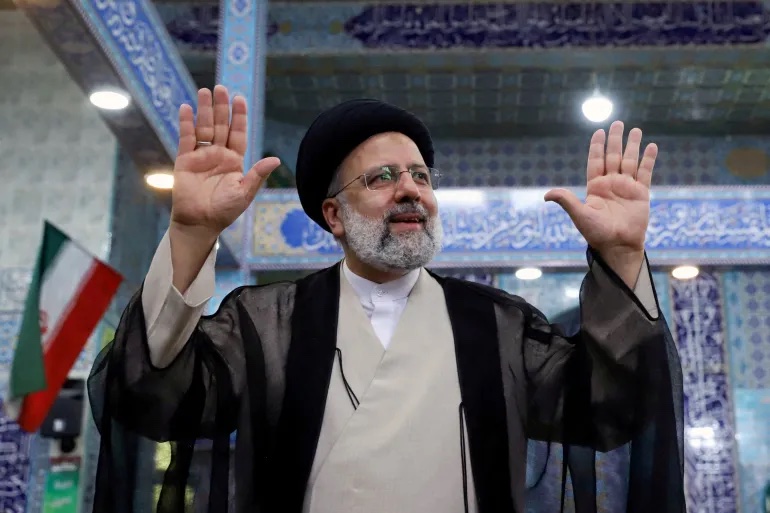
Human Rights Violations
In 2019, the U.S. sanctioned Raisi following accusations by the Treasury Department of his involvement in numerous human rights abuses. These included the execution of children, the imprisonment of prominent human rights lawyers, and the execution of thousands of political prisoners in 1988.
Interim Leadership
Following Raisi’s death, Iran’s first vice president, Mohammad Mokhber, will serve as acting president. A leadership council, including the speaker of parliament and the head of the judiciary, has 50 days to organize a new presidential election.
Key Background
Raisi, 63, was a religious scholar who began his rise in the government after the 1979 Islamic Revolution, which replaced the monarchy with a political system based on Islamic law.
His career included serving as Tehran’s prosecutor general from 1989 to 1994, where he earned the nickname “Butcher of Tehran” for his role in the executions of thousands of political prisoners in 1988.
Raisi later became the chair of the General Inspection Office in 1994, overseeing the legality of government actions, before ascending the ranks of the judiciary to become chief justice. Raisi ran for president in 2017 and lost, but won the 2021 election.
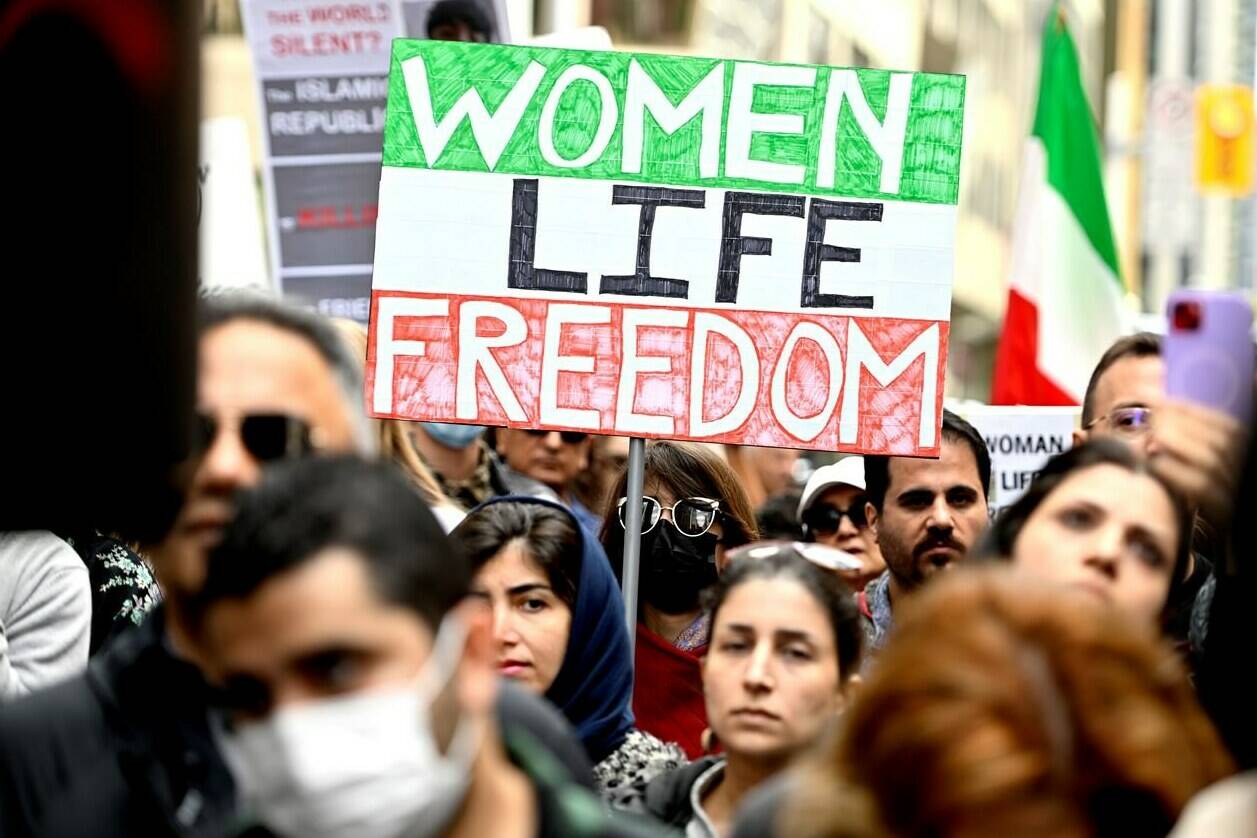
Women’s Rights and Protests
Raisi’s administration faced significant unrest, particularly with the “Woman Life Freedom” uprising that began in September 2022, sparked by the death of Mahsa Amini in police custody for not wearing a hijab.
This movement led to widespread protests, resulting in the deaths of hundreds and the imprisonment of thousands.
Human rights organisations, including Amnesty International, have condemned the increased use of the death penalty to instil fear following the uprising, with Iran recording 853 executions last year, the highest number since 2015.
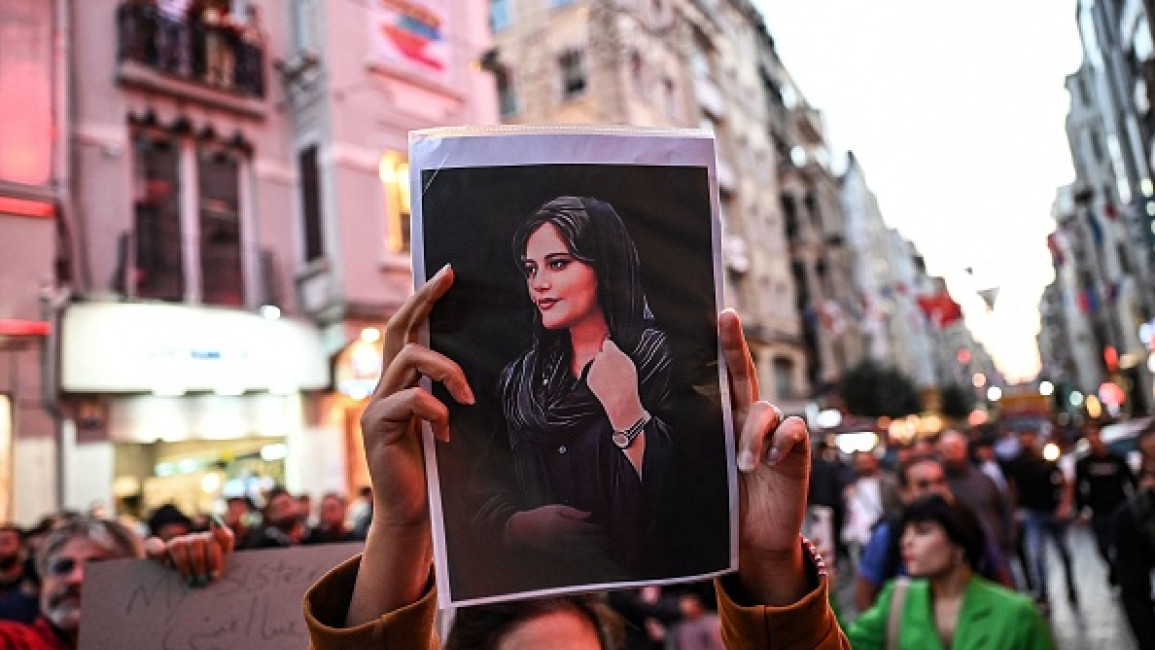

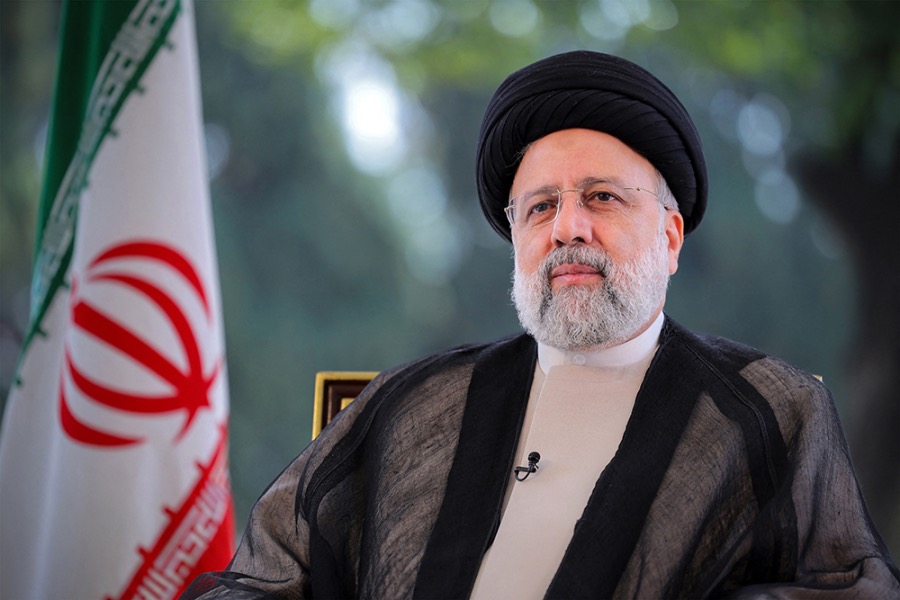
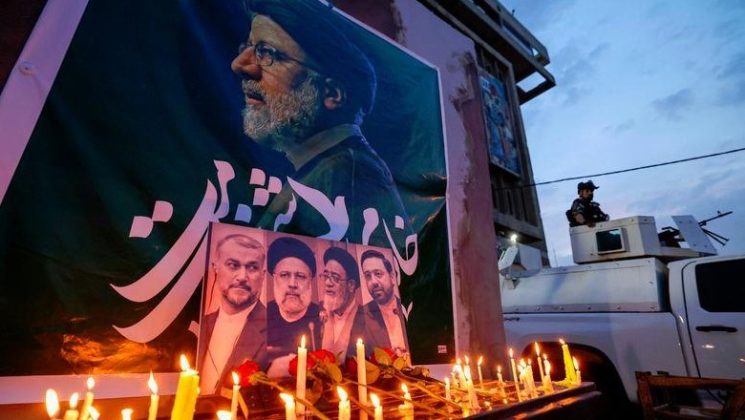
![Iran declared five days of mourning and encouraged people to attend the public mourning events. [Majid Asgaripour/WANA via Reuters]](https://www.thetrentonline.com/wp-content/uploads/2024/05/Iran-Ebrahim-Raisi-The-Trent-666x420.jpg)
![Mourners attend the funeral procession in Tehran. [Atta Kenare/AFP]](https://www.thetrentonline.com/wp-content/uploads/2024/05/AFP__20240522__34TC39Z__v1__Preview__IranPoliticsAccidentFuneralRaisi-1716362923-630x420.webp)
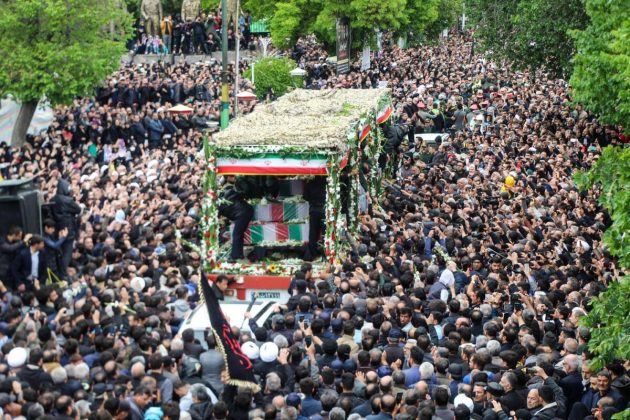
![Supreme Leader Ayatollah Ali Khamenei leads a funeral prayer for late President Ebrahim Raisi and other officials killed in the helicopter crash [Handout/Iranian Leader Press Office/Anadolu via Getty Images]](https://www.thetrentonline.com/wp-content/uploads/2024/05/GettyImages-2153526508-1-1716362959-630x420.webp)
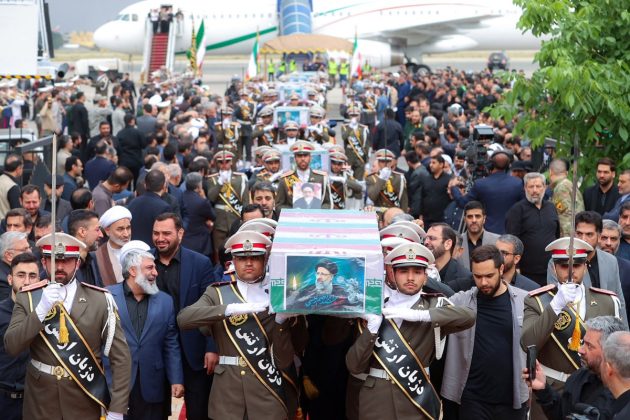
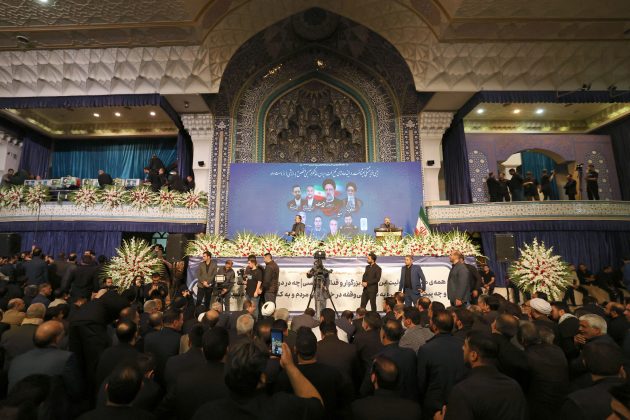
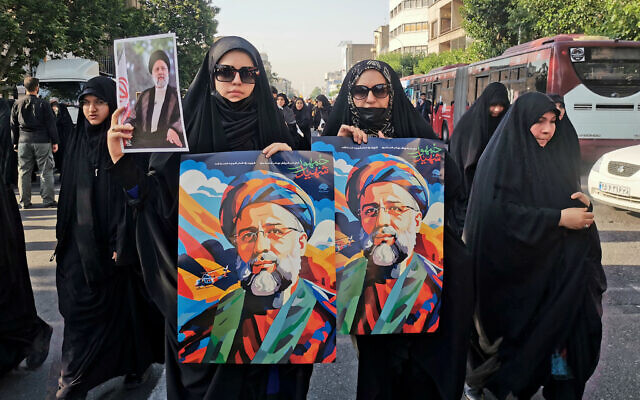
![In Tehran's city centre, mourners clutched portraits of Raisi as they gathered in and around the University of Tehran. [Abedin taherkenareh/EPA]](https://www.thetrentonline.com/wp-content/uploads/2024/05/Ebrahim-Raisi-Iran-The-Trent-596x420.jpg)
![People hold portraits of Raisi as they mourn during the funeral procession. [Abedin taherkenareh/EPA]](https://www.thetrentonline.com/wp-content/uploads/2024/05/Ebrahim-Iran-The-Trent-589x420.jpg)





